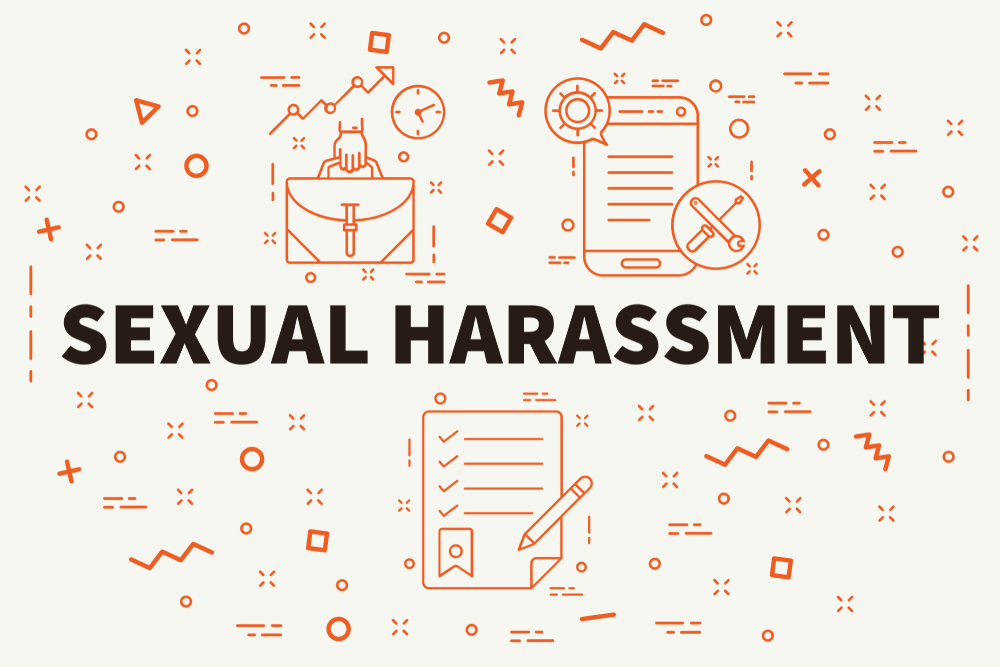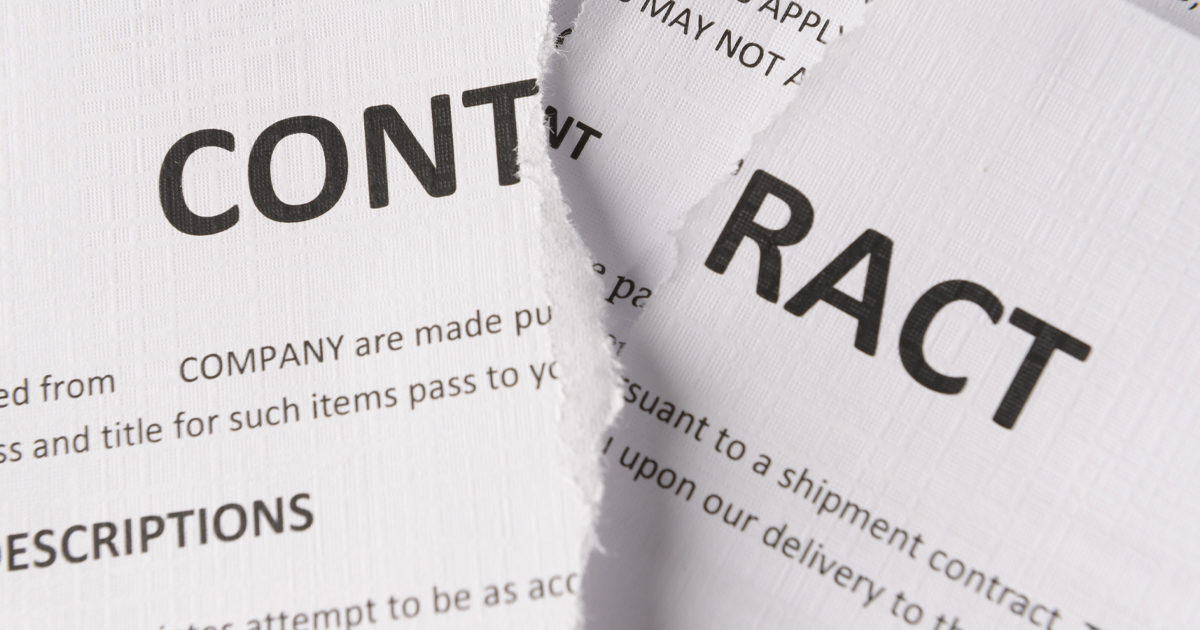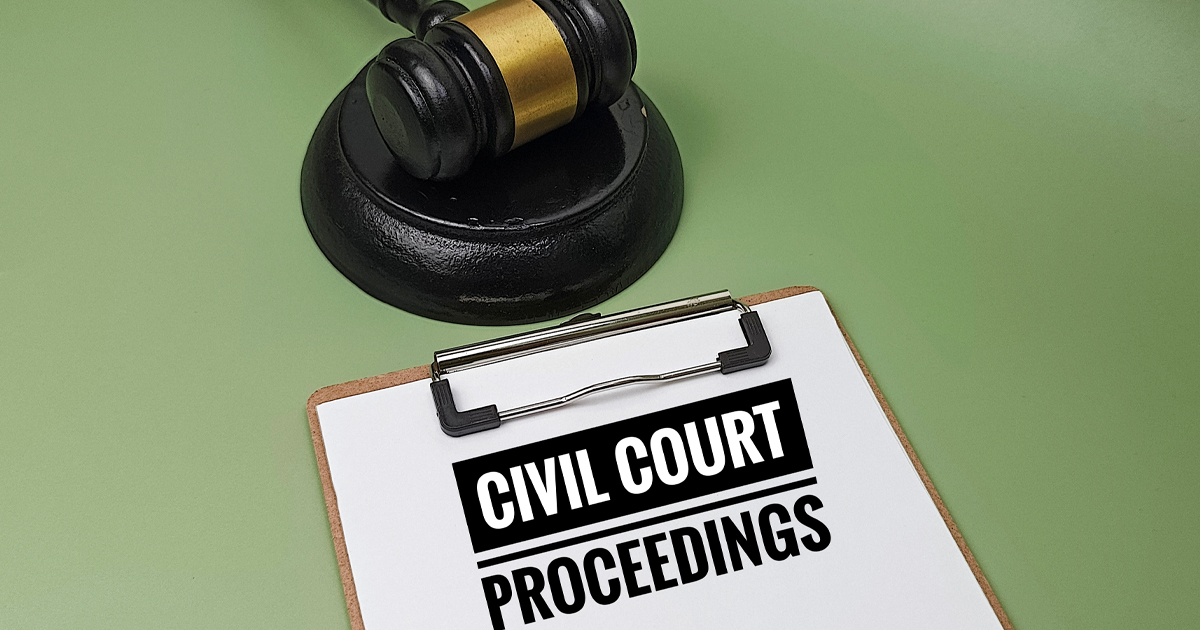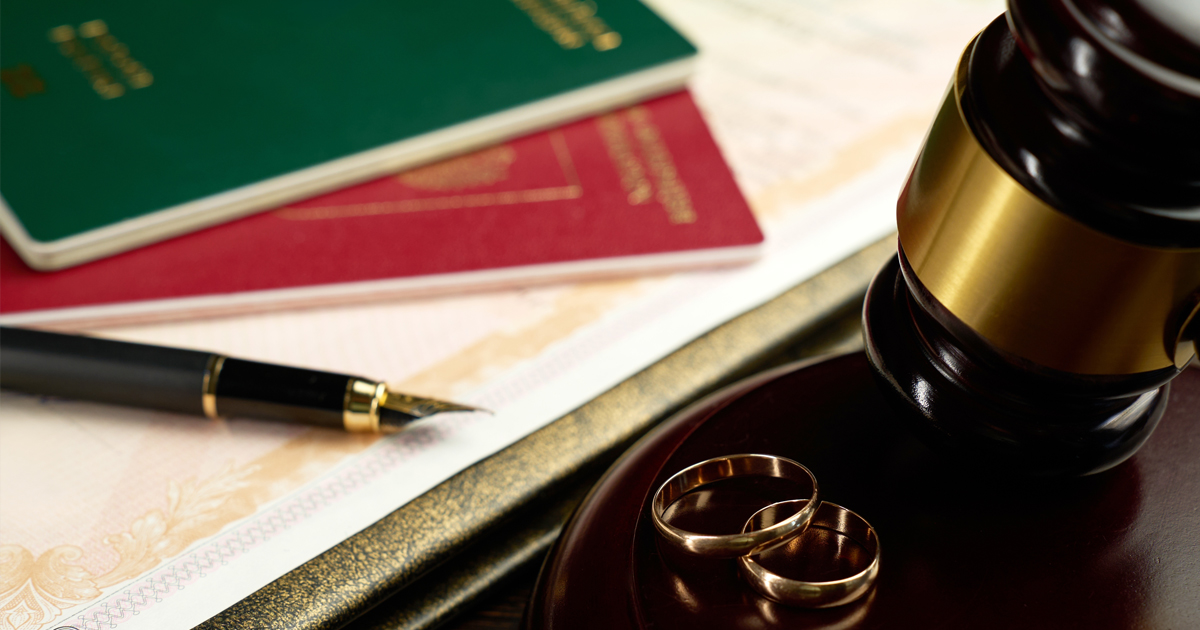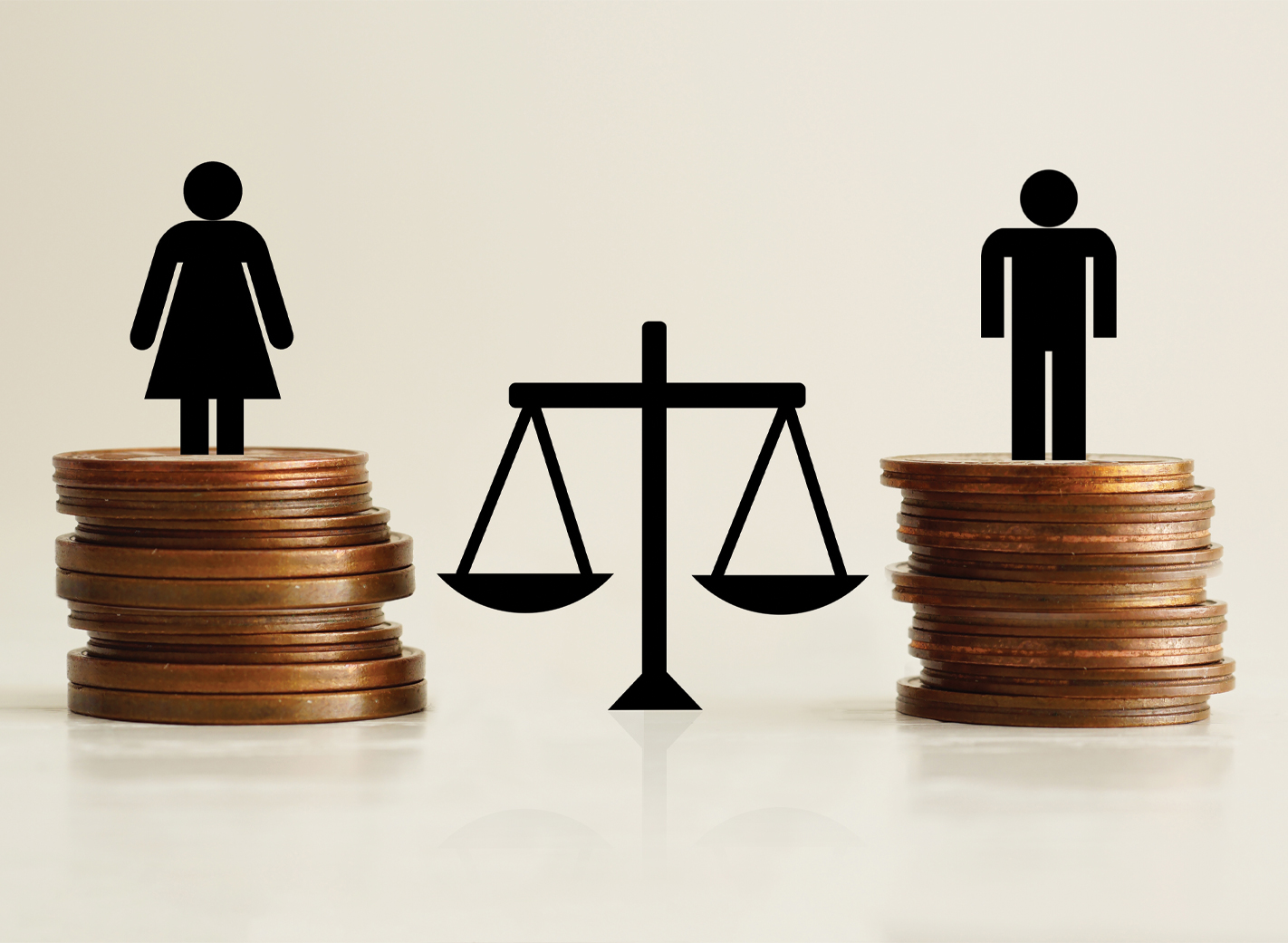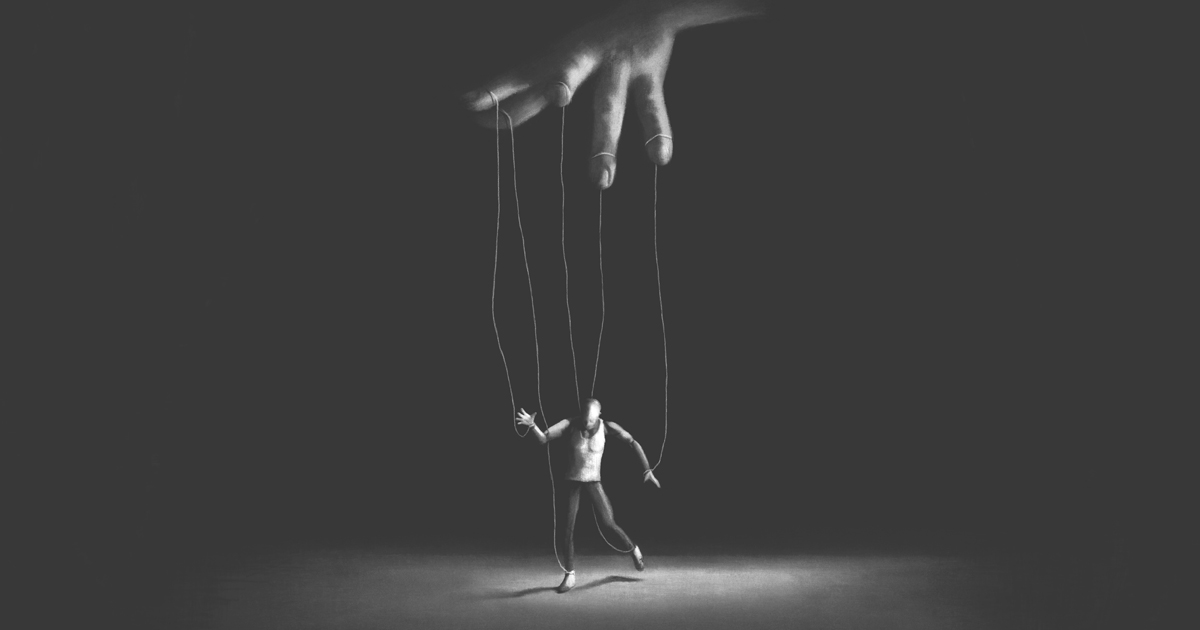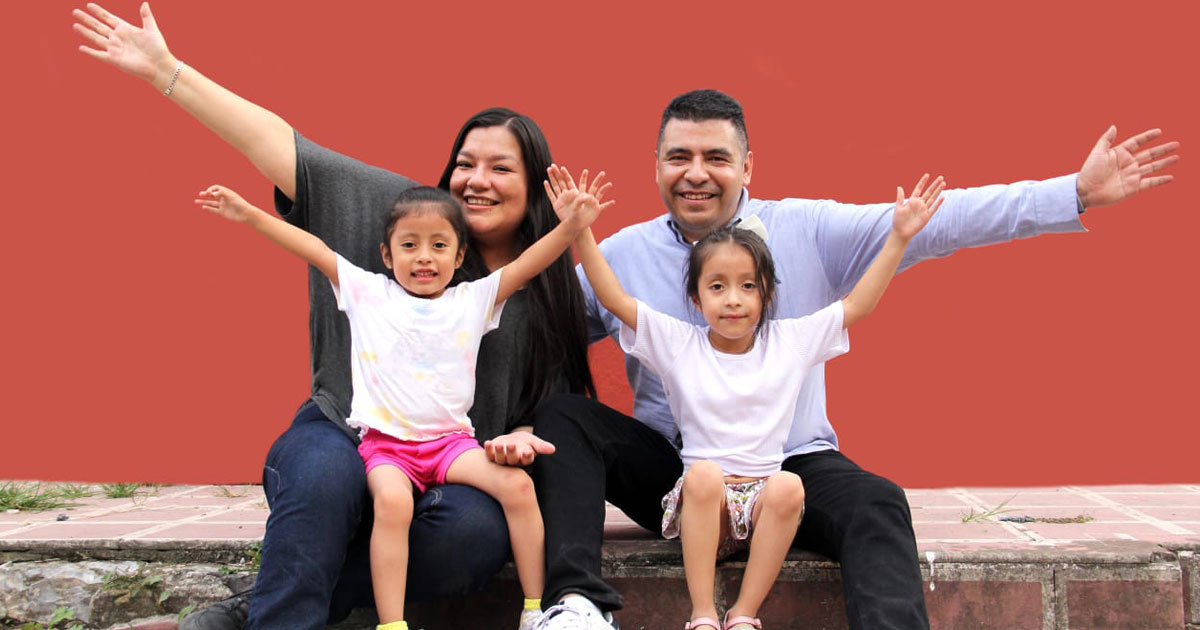Improvements, Protections & Challenges Moving Forward
Sexual harassment remains a complex and sensitive issue globally, and Singapore is no exception. While legislative reforms have strengthened protection in recent years, gaps remain. In this article, we explain how the law defines sexual harassment, the protections that exist, and the challenges that persist in ensuring fair justice.
What Counts as Sexual Harassment?
Sexual harassment in Singapore covers a wide array of conduct, both physical and non-physical, as recognised under various statutes.
Protection from Harassment Act (POHA) 2014
- Section 3 makes it an offence to cause harassment, alarm or distress to another person by any means—including verbal, written, or digital communications.
- This includes non-physical sexual harassment such as sexist remarks, graphic descriptions, stalking, cyber harassment, doxxing, and sharing inappropriate images or threats
- Penalties: Up to S$5,000 fine and/or 12 months’ imprisonment on conviction, with higher maximums for repeat offences or serious cases (up to 2x the standard).
Penal Code – Physical & Contact-Based Sexual Offences
The Penal Code defines several serious offences involving unwanted physical or sexual conduct:
| Behaviour | Penal Code Section | Description & Penalties |
| Outrage of modesty (molestation) | 354 | Intentional use of criminal force to outrage modesty. Penalty: up to 2 years’ imprisonment, fine, caning, or combination. |
| Rape | 375–376F | Includes statutory rape (under 16), marital rape (since 2020). Maximum imprisonment: up to 20 years; caning for male offenders. |
| Voyeurism | 377BB | Examples: “upskirt” photography, recording sexual acts without consent. Penalty: up to 3 years’ imprisonment, fine, or both. |
| Sexual grooming & trafficking of minors | 376G–377D | Covers offences like grooming minors, incest, sexual exploitation; penalties depend on severity. |
Additional Statutory Protections
- POHA protects against non-physical harassment, verbal, written, online, or via social media.
- Amendments in 2019 expanded reach to include doxxing, cyber threats, and streamlined protection orders.
- Since 1 Jan 2020, marital rape immunity has been abolished under the Criminal Law Reform Act 2019; all non-consensual sex is now criminalised.
Summary: Act vs Offence
- Non-contact harassment (e.g. stalking, remarks, digital threats): POHA Sec 3.
- Physical sexual misconduct (e.g. molestation, rape, voyeurism, grooming): Penal Code.
- Each carries distinct legal definitions and penalties, the framework ensures coverage of both contact-based and non-contact misconduct.
What Laws Govern Sexual Harassment?
Sexual harassment in Singapore is mainly addressed under two key statutes:
The Women’s Charter
This statute protects women and girls from trafficking, sexual exploitation, and offences committed against those who are mentally incapacitated or underage.
The Penal Code
The Penal Code offers a broader framework and applies to both male and female victims. It includes offences like:
- Outrage of modesty (Sections 354, 354A)
- Kidnapping to compel marriage (Section 366)
- Sexual assault and rape (Sections 375–376F)
- Incest and exploitation of minors (Sections 376G–377D)
- Acts of bestiality and necrophilia (Sections 377–377B)
The punishments range from fines and imprisonment to caning, with harsher penalties when minors or vulnerable individuals are involved.
Read more: Practical Guide on Harassment in Singapore
Case Law: How the Courts Respond
Outrage of Modesty
A landmark 2017 judgment imposed stricter sentencing for molestation involving children under 14. The court introduced a tiered framework, where factors like the degree of sexual exploitation, psychological harm, and context determine the punishment.
Unlicensed Establishments & Prostitution
In response to a spike in vice activities disguised as massage businesses, the Massage Establishments Bill significantly increased fines and imprisonment terms for unlicensed operations.
Moving Forward: A Need for Awareness and Accessibility
While Singapore’s legal framework continues to evolve, legal protection must be accessible, clearly understood, and fairly applied, regardless of gender or relationship status.
Education on these rights is key. It’s essential for potential victims, witnesses, and accused persons to know what constitutes a sexual offence, how the law applies, and what steps to take.
What can we do for you?
If you’ve been charged with an offence or are facing a criminal investigation, it’s important to get clear legal advice early.
Contact our criminal lawyers at 6337 0469 or email us at consult@gjclaw.com.sg to understand your rights and options.
